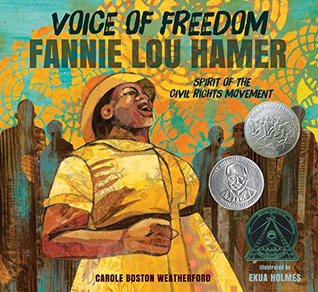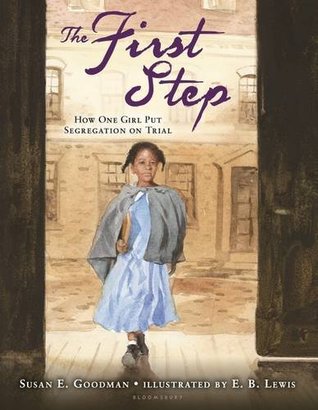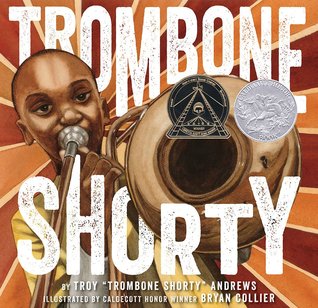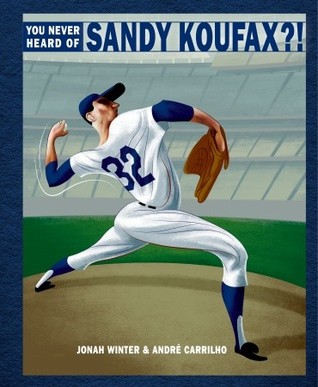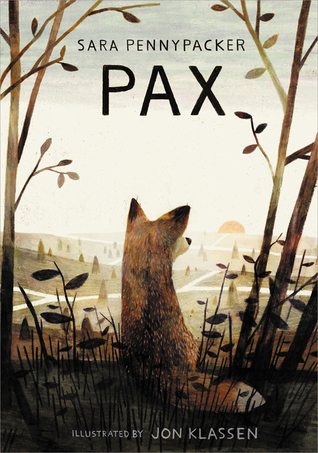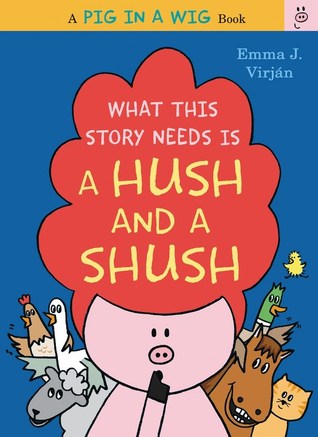| Photo by Mike Ratcliffe |
There's pride --
(nothing wrong with pride)
a warm sense of self-worth
sitting quietly inside you
like a steaming cup of cocoa on a winter morning.
But then there's hubris --
a venti double mocha latte with whip and extra sprinkles
standing there beside your computer in the cafe
while you pose with your earbuds
open notebook
fancy pen
empty page.
The trick is knowing the difference.
©Mary Lee Hahn, 2016
This poem was written for Laura Shovan's Found Object Poem Project.
When I started writing, I had no idea how this poem would go with the skull and antlers. I had the phrase "There's ___, but then there's ____" in my mind and I started writing from that. Somehow my brain gave me pride and hubris. We've been noticing similes and metaphors in my 5th grade class, so I had fun making a simile-metaphor-vocabulary poem that will hopefully teach my students a new word. When I was finished, I looked back at the skull and wondered what HE knows about pride vs. hubris, sitting there on the sidewalk for all to see...
Donna Smith, reigning Queen of rhyme and wit, has the Poetry Friday roundup this week at Mainley Write.
